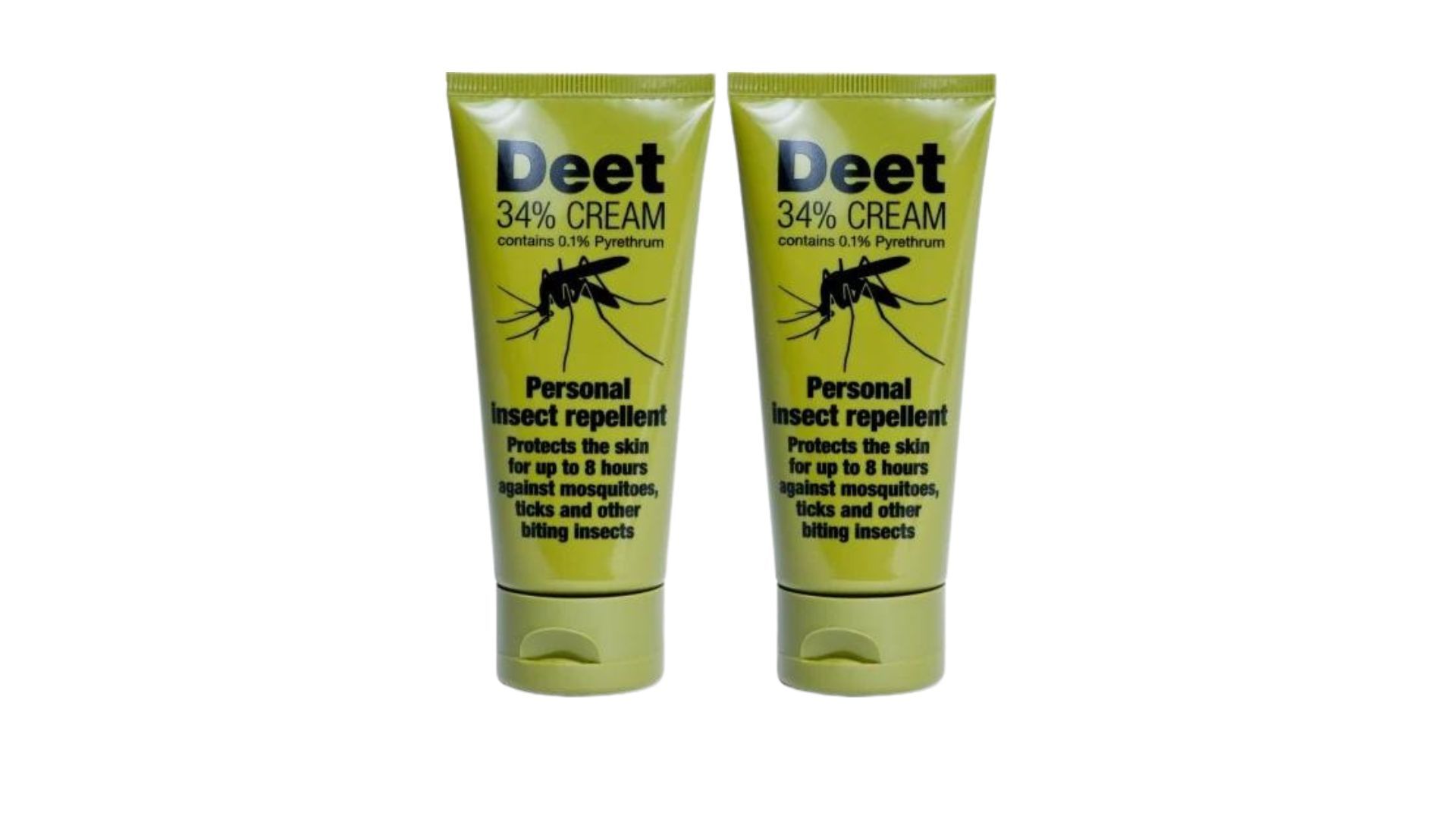Quick Answer:
No, olive oil is not an effective method for killing bed bugs. While it may have some suffocating properties, relying on olive oil alone is not a comprehensive solution for addressing bed bug infestations.
Professional pest control services are strongly recommended, as they have the expertise and specialized treatments.
Olive oil is made from olives, small, green fruits that grow on olive trees. People have been using olive oil for a very long time, and it's popular in many kitchens worldwide.
This oil is made by pressing the olives to extract the liquid. Different types of olive oil, like extra virgin and virgin, depending on how they are processed.
Can Olive Oil Repel Bed Bugs?
No, olive oil does not repel bed bugs. While olive oil has many beneficial properties, such as being rich in antioxidants and healthy fats, it does not possess insect-repelling qualities that are effective against bed bugs.
Certain scents and substances, such as essential oils like lavender or tea tree oil, repel bed bugs. However, olive oil does not contain these compounds sufficiently to deter bed bugs.
Applying olive oil to surfaces may attract bed bugs rather than repel them, as it can provide a food source for other pests or create an environment where bed bugs can hide more easily.
To get rid of bed bugs for good, you should use tried-and-true methods like essential oils, diatomaceous earth, or professional-grade poisons that are made to kill bed bugs.
Why it is not Recommended
While olive oil has many uses, including culinary and cosmetic applications, it is not an effective or practical solution for eliminating bed bugs. Here are some reasons why:
- Lack of Scientific Evidence: There is a lack of scientific evidence to support the claim that olive oil can effectively kill bed bugs. Bed bug infestations require proven and reliable methods for eradication, and olive oil simply doesn't have the track record for this purpose.
- Limited Contact and Suffocation: Olive oil, when applied to bed bugs, might hinder their movement temporarily due to its viscosity, but it does not effectively suffocate or kill them. Bed bugs can survive for extended periods without oxygen, and simply smothering them with oil is not a guaranteed way to eliminate an infestation.
- Mess and Stains: Applying olive oil to your bedding or furniture can result in messy and oily stains. Not only is this aesthetically unpleasing, but it can also be difficult to clean. Furthermore, the stains may not entirely disappear, leaving a reminder of the failed bed bug treatment.
- Resilience of Bed Bugs: Bed bugs are known for their resilience and ability to resist various substances over time. Using unproven methods like olive oil may contribute to developing more resistant bed bug populations, making future eradication efforts even more challenging.
- Delay in Effective Treatment: Relying on olive oil as a bed bug solution can lead to wasted time and money. Bed bugs reproduce rapidly, so delaying effective treatment may allow the infestation to spread and worsen.
Associated Risks and Safety Considerations of Olive Oil
Olive oil, a kitchen staple, brings rich flavors and health benefits, but it's crucial to be aware of potential risks and safety considerations.
While generally safe, consuming excessive amounts of olive oil may lead to unwanted consequences. Overindulgence can contribute to weight gain due to its high caloric content, so moderation is key.

When using olive oil for cooking, it's important to be mindful of its smoke point – the temperature at which it begins to break down and produce harmful compounds.
Using olive oil beyond its smoke point might release smoke and alter its beneficial properties. To preserve its health benefits, it's advisable to use olive oil for low to medium-heat cooking.
Additionally, olive oil is susceptible to spoilage. Storing it in a cool, dark place and sealing it tightly can help maintain its freshness. Rancid oil may taste unpleasant and lose some of its nutritional value.
How to Prevent Bed Bug Bites on Your Body
To prevent bed bug bites, you can use various products that act as repellents and create barriers between your skin and bed bugs. One practical option is to apply insect repellent containing DEET (N, N-diethyl-meta-toluamide) on your body before bedtime.
DEET is a widely used active ingredient in insect repellents, known for its effectiveness in repelling various pests, including bed bugs. It works by interfering with the insect's ability to detect human skin, making it less attractive to them.
There are also natural options, like essential oils, that you can use. Lavender, tea tree, and peppermint are essential oils that keep bugs away. After mixing these oils with a carrier oil like coconut or almond oil, you can put them on your face before bed.
Furthermore, you can also use bed bug repellent sprays designed explicitly for skin application. These sprays often contain ingredients like picaridin, another effective insect repellent.

It's important to note that while these products can help prevent bed bug bites, they may not provide 100% protection.
Maintaining a clean sleeping environment, regularly washing bedding in hot water, and vacuuming mattresses and furniture can also help reduce the risk of bed bug bites.
When applying any repellent or product to your skin, following the manufacturer's instructions carefully and performing a patch test to check for any adverse reactions is essential. Additionally, it's wise to consult with a healthcare professional, especially if you have sensitive skin or allergies.
Mastering the Art of Bed Bug Eradication
Homeowners and pest control professionals constantly seek the most effective methods when battling bed bug infestations.
Steam Cleaning
Steam cleaning involves using high-temperature steam to kill bed bugs and their eggs. The intense heat effectively penetrates cracks and crevices where bed bugs hide, making it a potent weapon in the fight against these elusive insects.
This method is chemical-free, safe for humans and pets, and leaves no harmful residue. However, it requires precise application to ensure all bed bugs are exposed to lethal temperatures.
Heat Treatment
Heat treatment is another top-tier approach. It involves raising the temperature in the infested area to levels that bed bugs cannot survive.
Professional-grade equipment ensures that every nook and cranny reaches the necessary temperature, effectively eradicating bed bugs at all stages of development.
Unlike chemicals, bed bugs cannot develop resistance to heat, making it a highly reliable method.
Other Effective Oils
- Coconut Oil
- Lemongrass Oil
- Eucalyptus Oil
- Cedar Oil
- Murphy Oil
- Cottonseed Oil
- Neem Oil
Frequently Asked Questions
About Qasim Naseem
Qasim Naseen is the innovative mind behind NastyPest, a renowned platform dedicated to offering comprehensive solutions in pest control. With a passion for creating pest-free environments, Qasim utilizes his expertise to provide valuable insights and strategies for individuals seeking to combat pests effectively. Through NastyPest, he endeavors to empower others with the knowledge and tools necessary to achieve a pest-free lifestyle.
